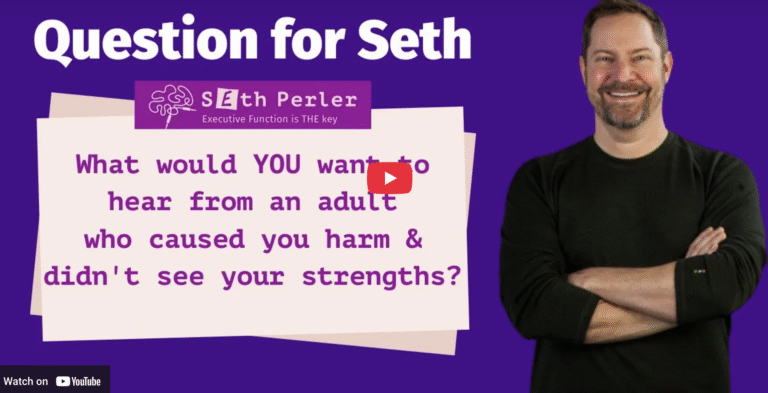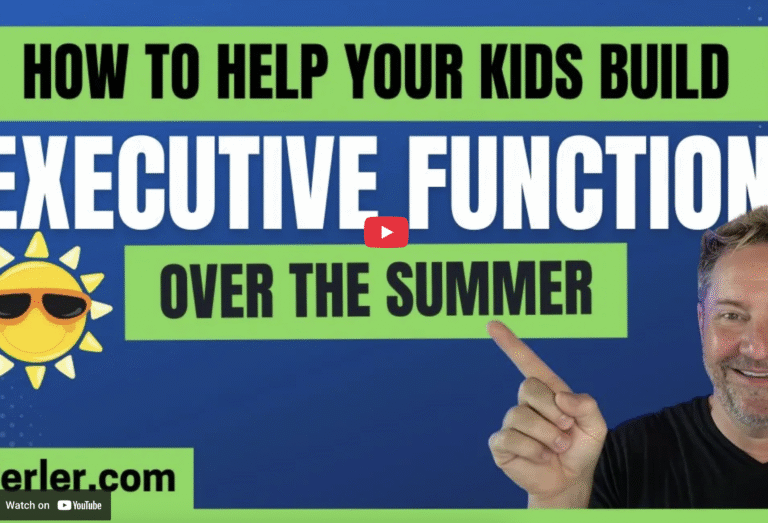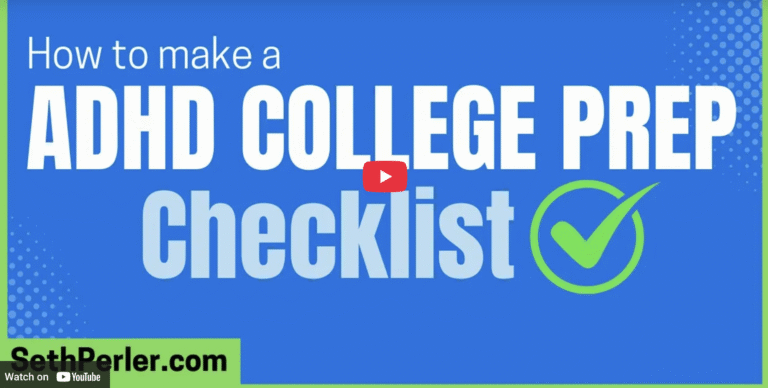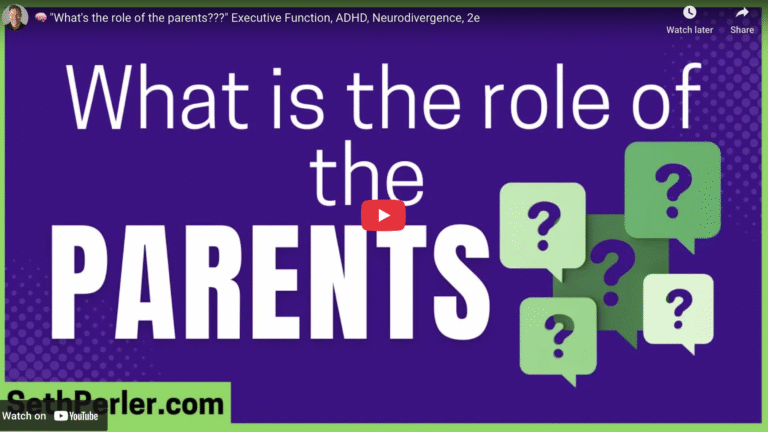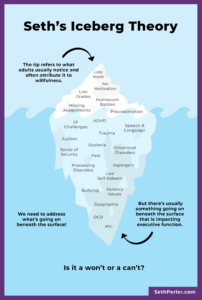Students, $$$. oops, we forgot to teach you about money
Please *CLICK* above to share. Thanks, Seth Students, we teach you all sorts of math, but we do NOT teach you financial literacy. This is not good, but it’s the way it is right now, so here are some thoughts that might help you. Your goal = financial independence 11 tips:





